
Lessons learned in Melbourne's first lockdown and a severe stock shortage will help the property market stay afloat during the pandemic's second wave, experts say.
But the industry remains fragile, despite the extensions to government welfare payments and mortgage holidays from the banks.
Philip Webb director Phillip Webb said there was "no shortage of buyers" competing for the few available properties on the market.
"I've never seen it so severe in terms of the lack of stock out there for genuine buyers," he said.
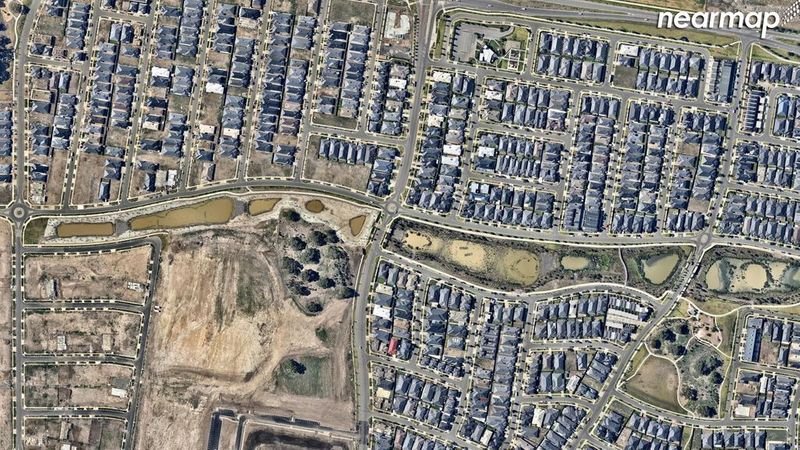
Development projects in Craigieburn. Picture: Nearmap
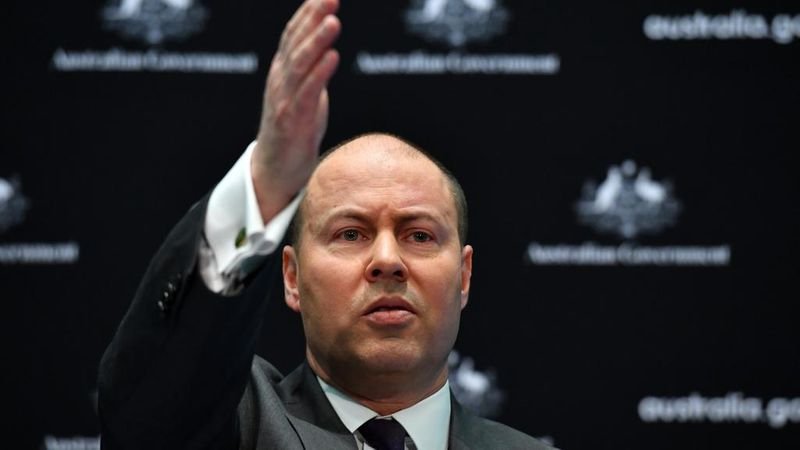
Treasurer Josh Frydenberg during a press conference in the main committee room at Parliament House on July 23. Picture: Sam Mooy/Getty Images
There were just over 2500 new listings on the market last week in Melbourne, according to realestate.com.au data.
That figure is almost 1000 below the 3477 new listings in the second week of March, as the pandemic was first impacting the city.
This lack of stock has insulated Melbourne from dramatic price drops, despite a 2.3 per cent fall in home values from April to June, according to CoreLogic.
Contributing to the stock scarcity was the fact the auction market had been gutted by being forced online. CoreLogic reported 42 per cent of auctions were withdrawn last week — well above the five-year historic average, recorded pre-COVID-19, of just 3 per cent.
Many agencies giving online auctions a chance are reporting success stories — including Love and Co Thornbury agent George Theocharis, who sold 3/2 Josephine Grove, Preston, for $540,500 using the virtual format.
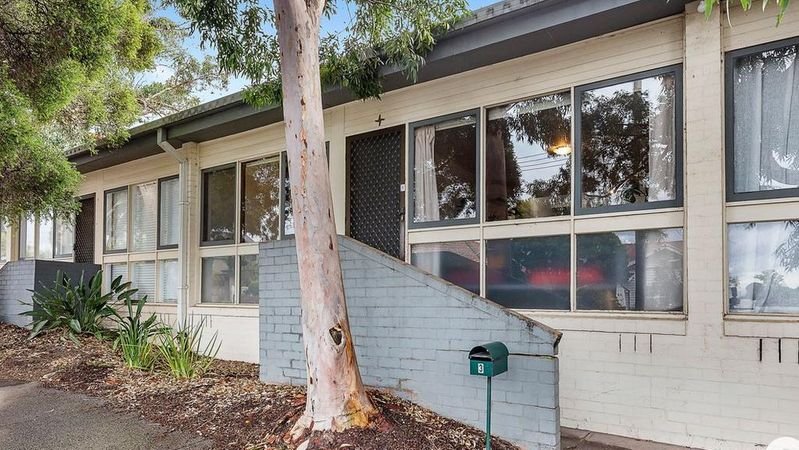
No. 3/2 Josephine Grove, Preston sold for $540,500.
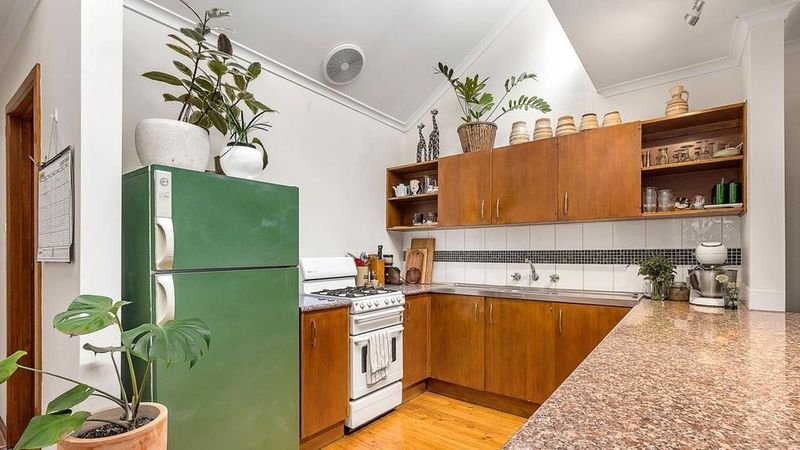
Inside the Preston unit.
The two-bedroom unit had a price guide of $470,000-$510,000.
"The difference this time is people are feeling a lot more comfortable with it, because they at least know what to expect," Mr Theocharis said.
"The biggest uncertainty was job loss, first and foremost. Now you've probably accepted that you're working from home, there is a sense of security."
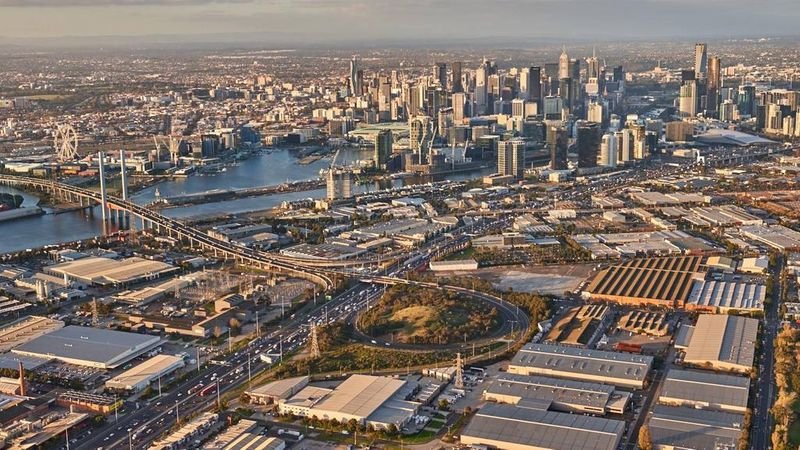
Low stock has prevented Melbourne from drastic price drops.
Mr Webb labelled the JobKeeper payment's continuation until late March, albeit at a reduced rate, a "very solid sign" for continued market stability.
The fortnightly payment falls from $1500 to $1200 at the end of September, before dropping again to $1000 at the start of January.
"I don't believe we'll be falling off a cliff at the end of September, October or January," Mr Webb said.
Industry Insider director Andrew Date agreed the JobKeeper payments, accompanied by mortgage repayment extensions, meant September no longer loomed as a make-or-break month for the industry.
"The cord's not going to be pulled in September, like a lot of people thought was going to be the case," he said.
But Mr Date said an emergence of distressed sales from divorces and loan defaults remained a threat to property prices.
"It only takes one or two to really hurt an area," Mr Date said.
"We know this whole pandemic has produced a lot of mental health issues for the community. It's going to test a lot of relationships, it's going to test mental strength as well."
Harcourts Box Hill agent Dennis Shi said while investors and developers had dropped off, homebuyers were continuing to front up.
"We're still an essential business — people can still come to our opens and inspections but they have to book with us first, that's all," he said.
—with Jayitri Smiles
in Media
News and Lifestyle View the Latest Updates
-
Late Summer Landscape Tips: Boost Your Garden’s Appeal for… January 30thAs Summer winds down (or is it up??), it's easy to think that the hard work of maintaining your garden is over.
-
Market Update | 14 & 15 December 2024 December 17thProperty prices have risen throughout the year across the country, though the rate of growth has slowed from the fast...